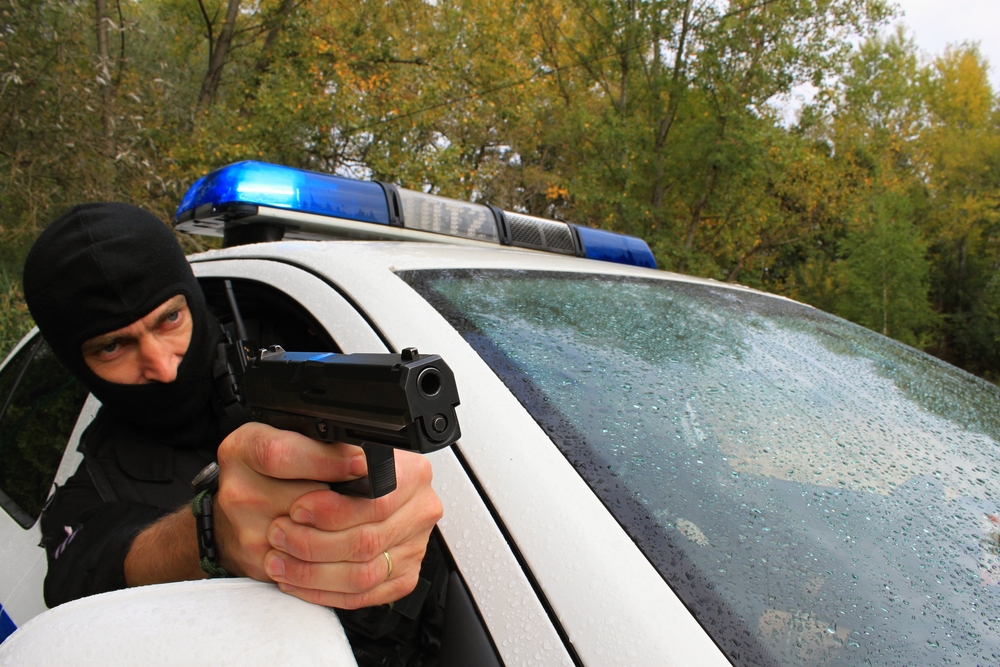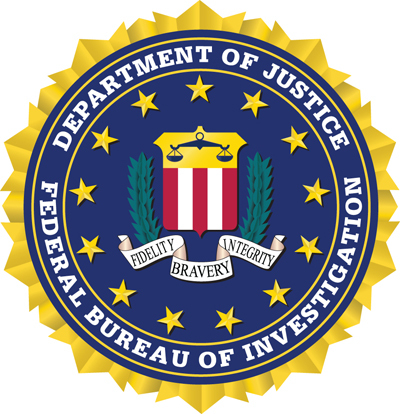Silk Road 2.0 Shut Down by the FBI, Operator Arrested

 Exactly one year after it went live on November 6 2013, Silk Road 2.0 has been taken offline in a joint operation between the FBI and Europol. Visitors to the deep web drug marketplace have been met with an official police notice informing them of the site’s seizure.
Exactly one year after it went live on November 6 2013, Silk Road 2.0 has been taken offline in a joint operation between the FBI and Europol. Visitors to the deep web drug marketplace have been met with an official police notice informing them of the site’s seizure.
The New York FBI announced on Twitter that the site’s operator Blake Benthall, was arrested in San Francisco.
“Operator of Silk Road 2.0, Blake Benthall, arrested yesterday by FBI agents in San Francisco, CA
Business Insider reports the arrest of a major online drug dealer in Ireland, as part of Operation Onymous. European police have hinted that further shutdowns and arrests will occur in the next 24 hours. Operation Onymous, they say, will conclude within hours, and will “disrupt global activity” on the dark net.
In a press release , FBI Assistant Director-in-Charge George Venizelos said:
“It’s been more than a year since the FBI made an arrest of the administrator of the black-market bazaar, Silk Road, and here we stand again, announcing the arrest of the creator and operator of Silk Road 2.0. Following a very close business model to the first, as alleged, Blake Benthall ran a website on the Tor network facilitating supposedly anonymous deals of drugs and illegal services generating millions of dollars in monthly sales. Benthall should have known that those who hide behind the keyboard will ultimately be found. The FBI worked with law enforcement partners here and abroad on this case and will continue to investigate and bring to prosecution those who seek to run similar black markets online.”
When the original Silk Road was closed down in October 2013, the prosecutors proclaimed the beginning of the end of this illicit trade. Not so. Now there are around 30 copycat marketplaces on the Tor network, and some of them, very popular and profitable, are much less principled. Silk Road 2.0, whose operators are avowedly libertarian, focuses almost exclusively on weed, powders and pills, but other marketplaces sell weapons, stolen credit-card, debit-card and medical information.
A recent study by researchers at the University of Manchester and the University of Montreal concluded that (the old) Silk Road prevented violence associated with the illegal drug trade. It is, or it should be, just a matter of common sense to conclude that principled crypto-markets can do much more good than harm.
Crackdowns on principled operators can only result in the emergence and rapid growth of unprincipled ones. That’s not unexpected, for bans on victimless recreational activities can only push them fully in the criminal underworld, where real crimes are committed.
What do you think of the seizure of Silk Road 2.0? Comment below!
Images from the FBI and Shutterstock.
